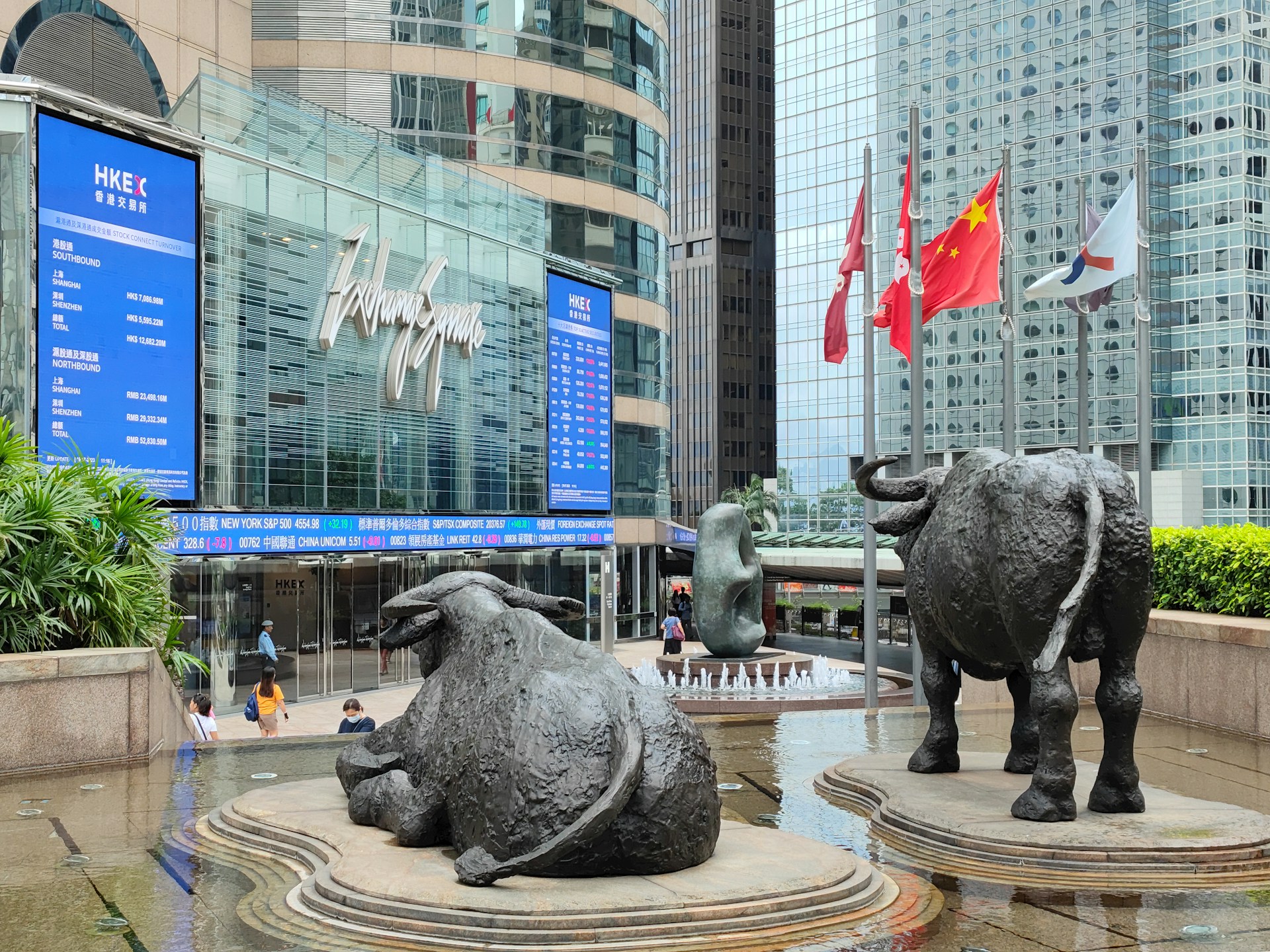After months of steady gains, the Hang Seng Index slipped 0.1% to 24,985.23 on Tuesday morning, snapping its run at the highest close since November 2021. The Hang Seng Tech Index followed suit with a 0.2% drop. While the moves appear minor in isolation, they signal an important capital posture shift: investors are holding back—not from fear, but from the need for clarity.
That clarity is expected from China’s upcoming high-level economic policy meeting, where Beijing will set the tone for the second half of the year. Markets are watching not just for growth targets, but for fiscal–monetary coordination, sectoral stimulus prioritization, and regulatory continuity. In short, allocators want to know whether Beijing is about to tighten, recalibrate, or stall.
Mainland equity benchmarks showed similar restraint. The CSI 300 and Shanghai Composite each dipped 0.1%. For a market that has endured volatility, intervention, and reform fatigue, this week’s modest pullback reads not as nervousness—but as structured hesitation.
The rally that drove Hong Kong stocks to three-year highs has been partially underwritten by an improving global backdrop: softer US inflation, a weaker dollar, and stabilizing Chinese growth expectations. But the fuel from macro headwinds easing can only take valuations so far. At this point, capital flows require a policy framework to anchor next-phase conviction.
This week’s high-level economic meeting is expected to produce signals on everything from real estate deleveraging to industrial upgrade support. Yet the Hang Seng’s pullback suggests that investors do not yet believe those signals will translate cleanly into action. The pain of previous stimulus promises—overhyped and under-executed—remains fresh in institutional memory.
In 2022 and early 2023, Chinese policy signaling often leaned rhetorical. Vows to stabilize growth, boost confidence, or support private enterprise were made without enforcement arms or credible transmission tools. Sovereign allocators and cross-border funds adjusted accordingly: by discounting policy talk until reforms touched fiscal deployment, credit channels, or industrial incentives.
This week’s pause is most visible in Hong Kong tech names and financials—sectors highly sensitive to mainland policy shifts. The Hang Seng Tech Index’s slight retreat suggests investors are awaiting direction on whether Beijing will support platform expansion or resume its regulatory tightening.
Meanwhile, financials exposed to real estate risk continue to trade defensively. A second-half rebalancing of China’s property market—if mishandled—could bleed across balance sheets and revive fears of uncontained contagion.
Even more telling is the mainland’s behavior. A flat CSI 300 in the face of expected policy input implies that domestic institutions, too, are unconvinced that this meeting will break the cycle of vague ambition and delayed execution. Retail investors may chase momentum, but long-only allocators don’t.
Chinese liquidity conditions remain accommodative. The PBOC has avoided aggressive tightening, and interbank rates have remained stable. But that liquidity is not translating into increased capital risk appetite—especially from foreign funds.
Why? Because confidence requires more than cash—it requires coordinated architecture. In past cycles, such architecture came in the form of infrastructure-led stimulus, local government financing vehicles (LGFVs), or credit easing via state banks. Today, those tools are constrained by debt ceilings, provincial liabilities, and global scrutiny.
So institutional investors are left scanning for signs of structural support. Will SOE reform be reprioritized? Will green tech subsidies resume? Will regulators unwind punitive restrictions on the private sector? Until those questions are answered, allocation is likely to remain cautious—no matter how high the Hang Seng climbs.
The longer Beijing maintains policy ambiguity, the more expensive the risk premium for Chinese assets becomes. Without concrete economic directives, even modestly positive data—like the recent Q2 growth trajectory—fails to re-anchor long-term capital.
In particular, sovereign wealth funds, central banks, and large Asian family offices are unlikely to re-enter mainland or Hong Kong markets at scale unless they see evidence of second-half policy continuity. The stakes are high: faltering conviction could trigger renewed outflows, especially if Western central banks resume tightening or geopolitical risk escalates.
This week’s market pause is not a technical correction—it is a capital posture decision. It reflects a system that has learned, through past volatility, to demand more than narrative. Sovereign allocators, regional institutions, and risk-calibrated funds are watching China’s high-level policy meeting not for slogans, but for strategy.
If Beijing delivers credible signals with operational pathways, this pause could reset as a new base. If not, capital will reprice accordingly—and the Hang Seng’s rally may begin to unwind. For now, the market isn’t retreating. It’s holding its breath. And that, in macro capital terms, is often the loudest signal of all.














